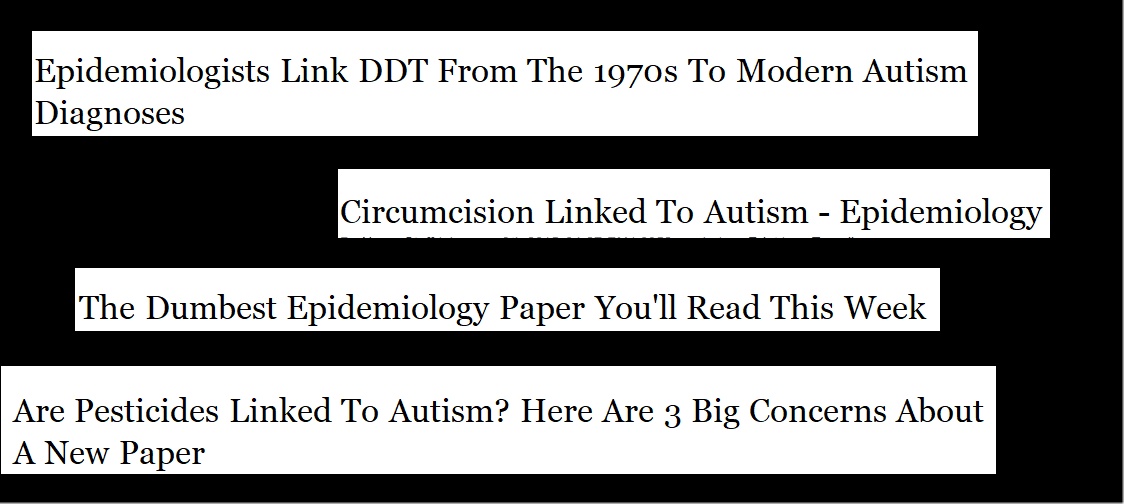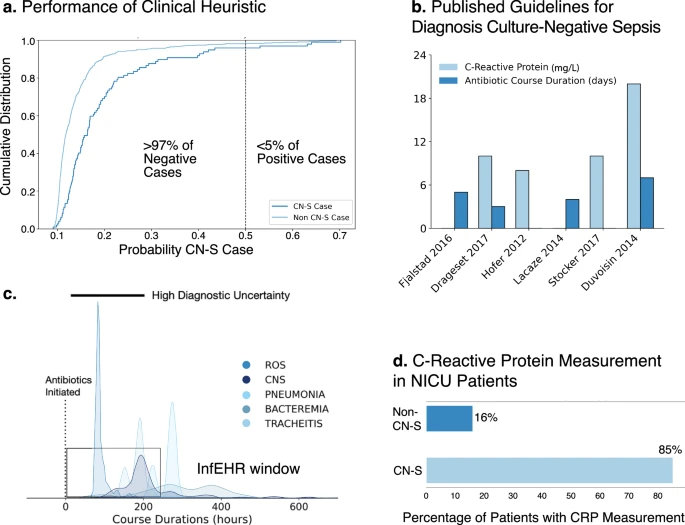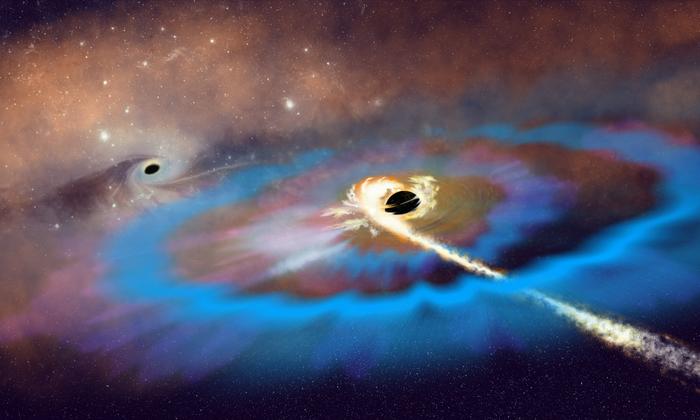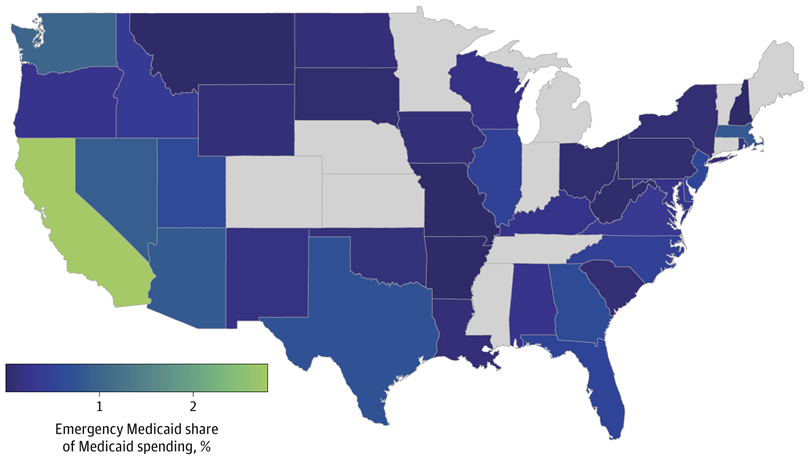If a politician who used to be a Natural Resources Defense Council lawyer hasn’t banned all food coloring by the time
you read this, here is how you can make your own green slime. In both Gen X - chemicals that sound like chemicals - and more natural-sounding versions of chemicals. Basically, people who think Dawn dishwashing liquid is an organic weedkiller.
These are excerpted from Halloween Science 2.0, available on Amazon (and free if you have Kindle Unlimited)

Let’s post two ways. Both of
these scale, depending on how much slime you want.
Impostor participants are people who fake data in order to take part in health research or are automated computer ‘bots’ which mimic human behavior and responses. As claims get promoted in journalism about harms related to PFAS in water, weedkillers causing cancer, or food coloring causing diabetes, lawsuits by predatory lawyers have become big business, and it won't be a surprise if such Predatorts or environmental and other activist groups are involved in fake participants to manipulate results in their favor.
A new call to action by ecologists uses a numerical model to note that
wildfires in places like California have been made worse by humans.
That doesn't mean it is human
emissions. For decades, California government has banned logging. They let people move to risky fire areas and then not pay for any mitigation or firebreaks. State and local governments refuse to allow dead brush to be cleared because it impacts the environment.
Actors, artists, and musicians are rightly worried about the impact of AI on their incomes but doctors and scientists welcome the help. They know typewriters didn't make literature worse than writing in longhand and "AI" - LLMs - likewise removes the 'how' of information access so thinkers can get to the 'why.'
In modern government-controlled healthcare, doctors are more pressed for time per patient than ever. Often while relying on incomplete information. Electronic health records contain vast amounts of patient data but much of it remains difficult to interpret quickly, and that is even more challenging for patients with rare diseases or unusual symptoms.
In the early days of Science 2.0, blogging did not get a lot of institutional respect. Public outreach was a waste of time, academics were often told, leave that to science journalists and the PIOs at schools who write press releases.
It seemed archaic. Anyone who knows how much of science is government-funded, about a third of basic research, knows that means it is political. Which means you cannot and should not let someone else write your narrative. It's too easy to manipulate. A decade ago, when a group wrote to Columbia University and asked them to remove Dr. Oz from the faculty because of his claims about supplements and that medicine was a corporate conspiracy, he got allies in corporate journalism to dismiss us as Big Pharma shills.(1)
Due to President Clinton's 1994 DSHEA law (Dietary Supplement Health and Education Act of 1994), and diverting science funding to the National Center for Complementary and Alternative Medicine, a large number of people believe acupuncture works and that supplements can be alternatives to medicine.
Acupuncture is the placebo effect but some natural products can work - the problem is that if they work they may do something bad. Kratom is an example of a product banned in countries that grow it; unless it is for export to the United States. They know that it works, and also that
it can kill Godzilla.
From Los Angeles to Portland to New York City, political protests have become common. That provides data for what may be happening in brains and how engaged people can avoid becoming a Tyler Robinson or Luigi Mangione or Antifa in Oregon.
The US is not special when it comes to protests, the Carnegie Endowment for International Peace says there have been over 140 mass demonstrations globally in the past year, with 30 ongoing.
A new paper(1) says up to 80% of activists experience moderate to severe anxiety or depression. Are they protesting because they are anxious or are they anxious because they spend time in a group of protesters?
When you picture a black hole, you probably picture in the center of a galaxy with matter swirling toward it. You're not wrong but that is why the exception proves the rule.
A
recent study detected a surprising tidal disruption event where a black hole outside the center of a galaxy is tearing apart a star. Even stranger and defiance of black hole lore, the delayed and powerful radio outbursts suggest previously unknown processes in how black holes eject material over time. Designated AT 2024tvd, it is to-date the fastest-evolving radio emission ever observed from a black-hole-driven stellar disruption.
The process by which the nervous system continuously receives and interprets the body’s physiological signals to keep vital functions running smoothly, a "sixth sense" called
interoception
that tells your brain when you need to breathe, when your blood pressure declines or when you have an infection, is getting some star power; a Nobel laureate neuroscientist.
And an NIH grant.
A cross-sectional analysis of emergency Medicaid expenditures from data in the 2022 Medicaid Budget and Expenditure System found that of the 38 states plus Washington, DC, was nominal compared to overall spending.
There are confounders. Not all states allow it and 11 did not report emergency Medicaid spending on illegal immigrants and some, like California, now give health care for free to anyone regardless of their legal status, which means the $9 billion on emergency room care for illegal immigrants in 2024 is 70% due to that one state. Total Medicaid costs for illegal immigrants during 2021-2024 were $16 billion but this paper did not include other public spending.












